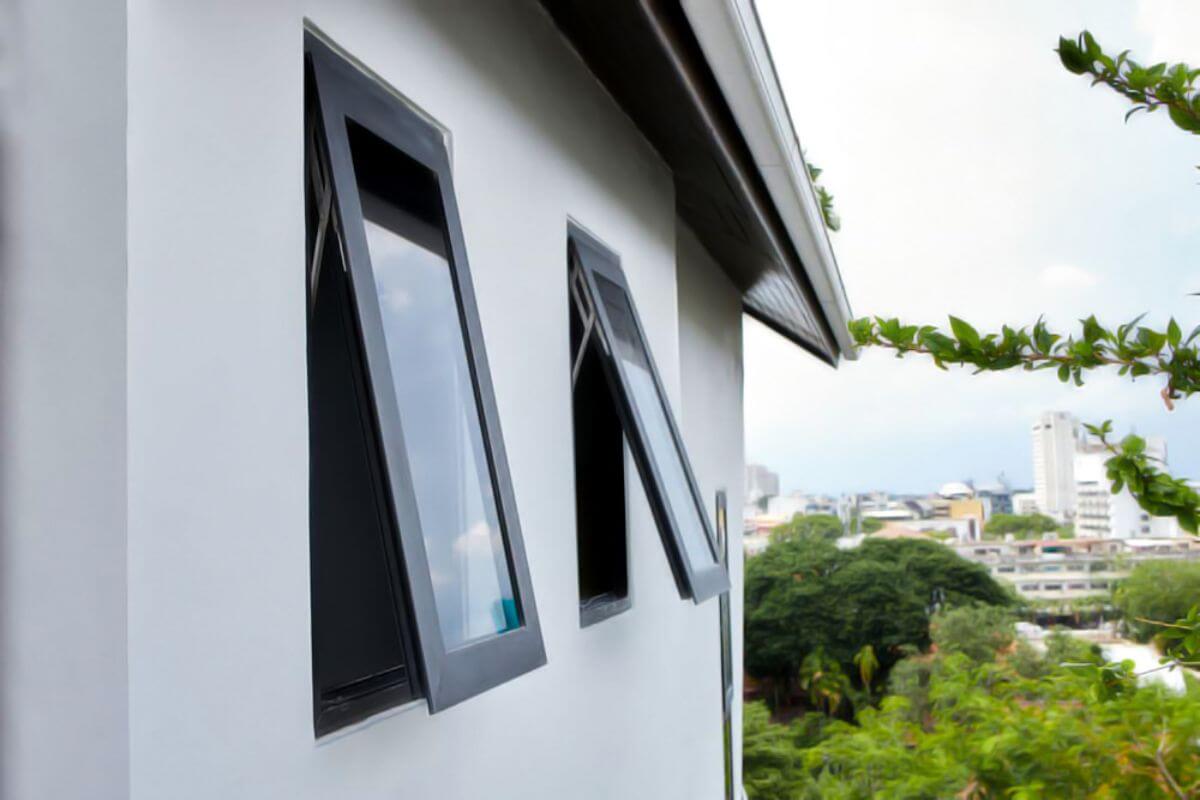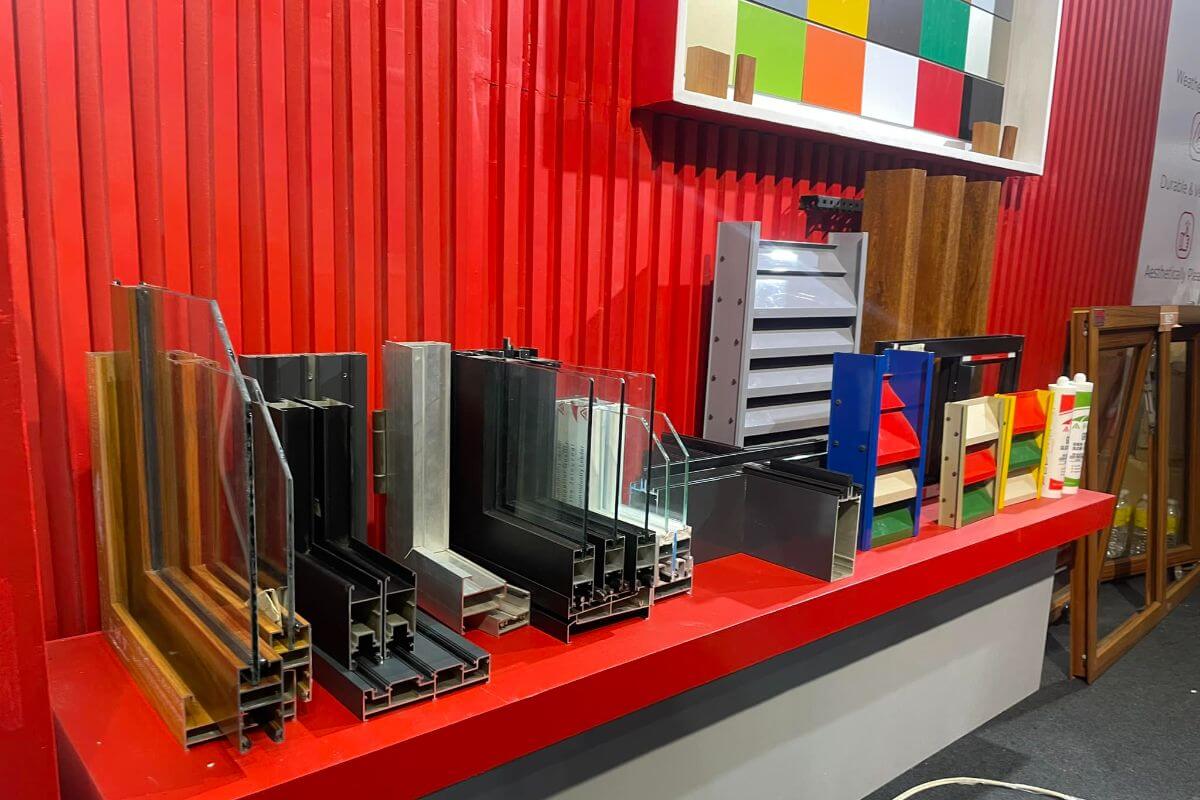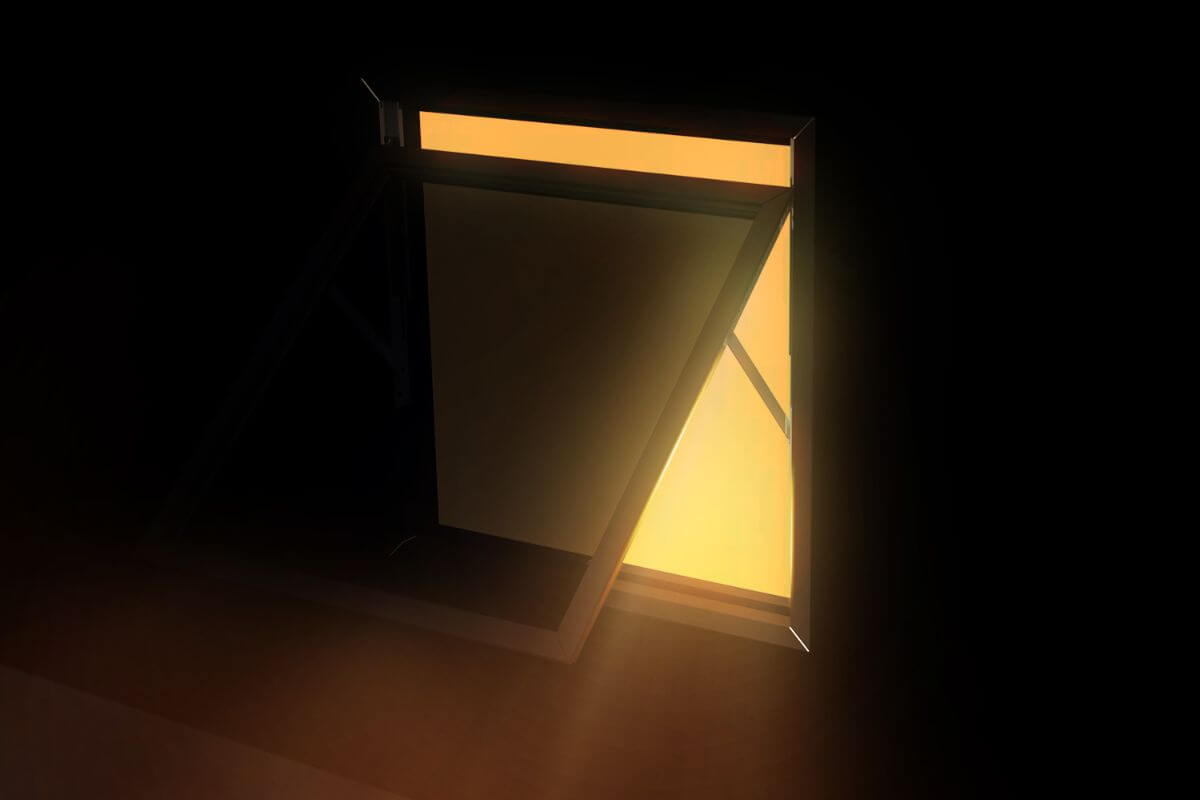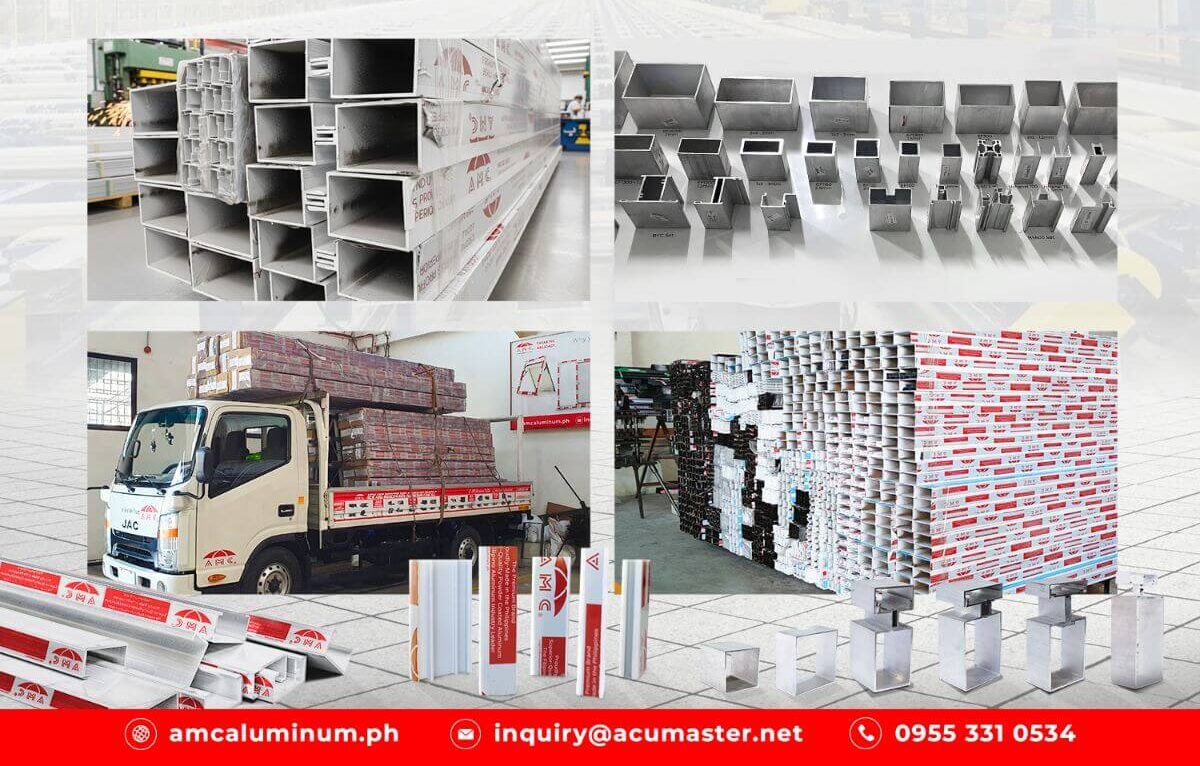What are the factors that make aluminum profiles suitable for awning windows?
- Corrosion resistance
- Structural strength
- Slim yet durable design
- Weatherproof sealing compatibility
- Ease of fabrication
Overview
- Awning windows deliver ventilation, privacy, and weather resistance, but their performance depends on the right aluminum profile.
- Key factors include corrosion resistance, structural strength, slim yet durable design, weatherproof sealing, and ease of fabrication.
- AMC Aluminum’s engineered profiles meet these demands, ensuring long-lasting function and contemporary appeal for modern properties.
Awning windows are valued for their weather resistance, privacy, and ventilation. However, their lasting performance relies on one crucial factor: the right profile.
This article discusses several factors that make an aluminum profile suitable for awning windows. Strength, compatibility, and long-term performance all depend on choosing the right profile—and AMC Aluminum has the systems you need to meet these needs. Read on to see what makes a profile ideal for this popular window type.
Corrosion Resistance
Awnings are frequently used in moisture-heavy environments. These include bathrooms and kitchens, where water droplets often settle on their surface. In these conditions, corrosion is a persistent threat—it weakens hinges and damages locking systems when left unchecked. That’s why it’s crucial to choose a profile with corrosion resistance in areas where these windows are frequently used.
Aluminum profiles like the WYC Series profiles are engineered to withstand humid environments. With their corrosion-resistant finishes and precision-treated surfaces, they withstand consistent exposure to moisture with ease. These properties protect the window system from rust and help secure its long-term usability.
Structural Strength

Aluminum is naturally lightweight, but for awning windows, it must also deliver uncompromising strength. They operate under regular outward pressure, especially in buildings exposed to high winds. A weak frame can fail to support their glass entirely. Not only does this shorten the window’s lifespan, but it also jeopardizes its safety.
Profiles used for this application must be engineered with consistent thickness and proper reinforcement. AMC Aluminum’s 50 Series carries the rigidity needed to carry the glass’s weight and resist bending over time. It’s engineered for enhanced load-bearing capacity while still delivering a clean design, making it ideal for applications with wider spans or heavy-duty use.
Slim Yet Durable Design
Modern architecture favors minimalist aesthetics, where slimmer window frames create a clean and open look. Awning windows reflect this style by offering maximum visibility.
However, balance is key. Frames that are too bulky appear outdated, while overly thin ones risk instability. AMC Aluminum’s WYC Series profiles achieve this balance, combining sleek design with long-term durability.
This allows property owners to enjoy both contemporary appeal and dependable performance, giving them the freedom to match high-grade function with modern style.
Weatherproof Sealing Compatibility
Sealing is one of the most important performance aspects, especially since awnings are constantly exposed to rain. A compatible aluminum profile must include proper sealing to prevent moisture and debris from entering. AMC Aluminum’s 38 Series profiles feature double rubber seals designed for a secure fit and flexible design integration. Engineered for tight closure, this better protects the system from harsh weather conditions.
When sealing compatibility is overlooked, problems like leaks and premature wear often occur. Even slight misalignments in the profile can result in uneven pressure on the window’s gasket. For this reason, ensuring precise aluminum extrusion is critical—it allows fabricators to achieve a snug fit for every seal used on the window. This plays a major role in preventing major damage to interior spaces during storms or daily rainfall.
Ease of Fabrication

Aluminum’s natural workability makes it a practical choice for systems that require tight precision. Awning windows require exact cuts, clean corner connections, and accurate glass fittings to properly function. These tasks become far more difficult to complete when using rigid materials. If the profile isn’t optimized for fabrication, the risks of costly errors quickly rise.
Well-designed aluminum profiles simplify these tasks with their consistent quality and structural uniformity. What makes it so easy to fabricate is their ability to handle precise punching and clean installation without added effort. By making the complex structure of awning windows easier to execute, aluminum can help achieve high-performance support from start to finish.
Key Takeaway
The factors that make an aluminum profile suitable for awning windows further reflect their ability to enhance the windows’ performance. From corrosion resistance to structural strength, choosing the right profile can make a difference in how long they hold up over time.
Here at AMC Aluminum, we integrate these essential qualities across the solutions we offer. We have the aluminum profiles you need to create long-lasting components for your property. Contact us today to explore options tailored to your next window installation!




.jpg)
.jpg)
.jpg)


